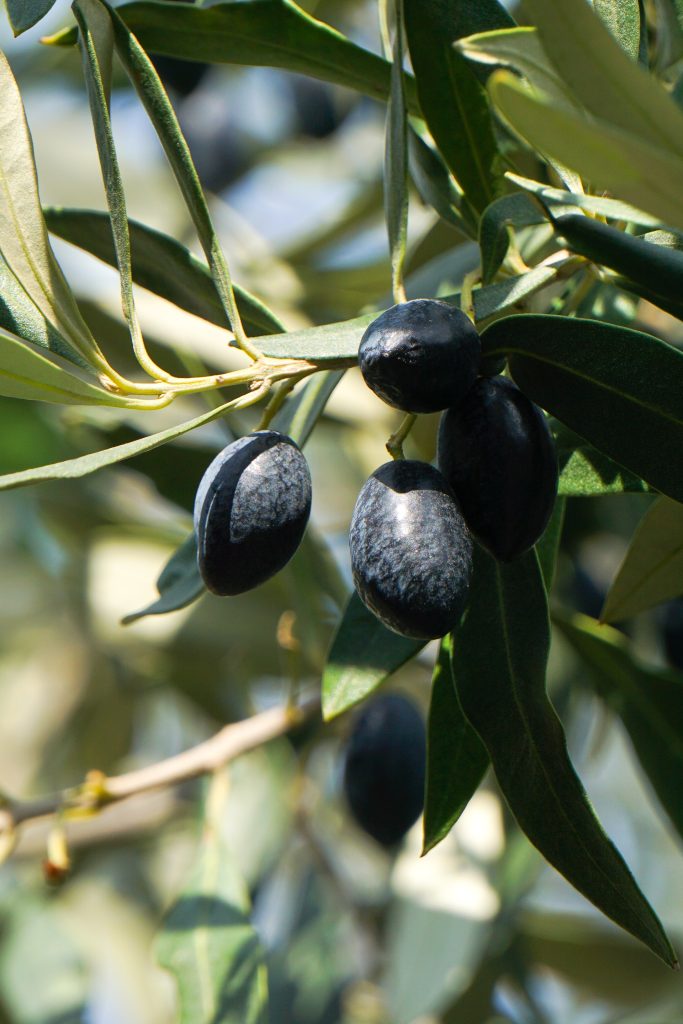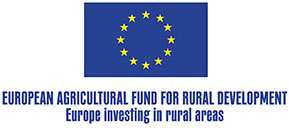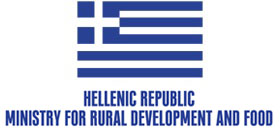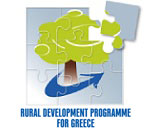MUCH-BETTER OIL
Qualitative and quantitative upgrading of olive oil production in R.U. Messinia through the development of a modern plant protection program against the “olive blight” disease
Funding Framework
The pilot project of the MUCH – BETTER OIL Operational Group is financed by Action 2 “Implementation of the Operational Plan (project) of the EIP Operational Groups for the productivity and sustainability of agriculture” of Submeasure 16.1-16.2 “Establishment and operation of Operational Groups ( O.G.) of the European Innovation Partnership (EIP) for the productivity and sustainability of agriculture” (Project Code: M16SYN2-00169). This specific action is implemented within the framework of the Rural Development Program (RDP) of Greece 2014-2022 co-financed by the European Union – European Agricultural Fund for Rural Development (EAFRD).
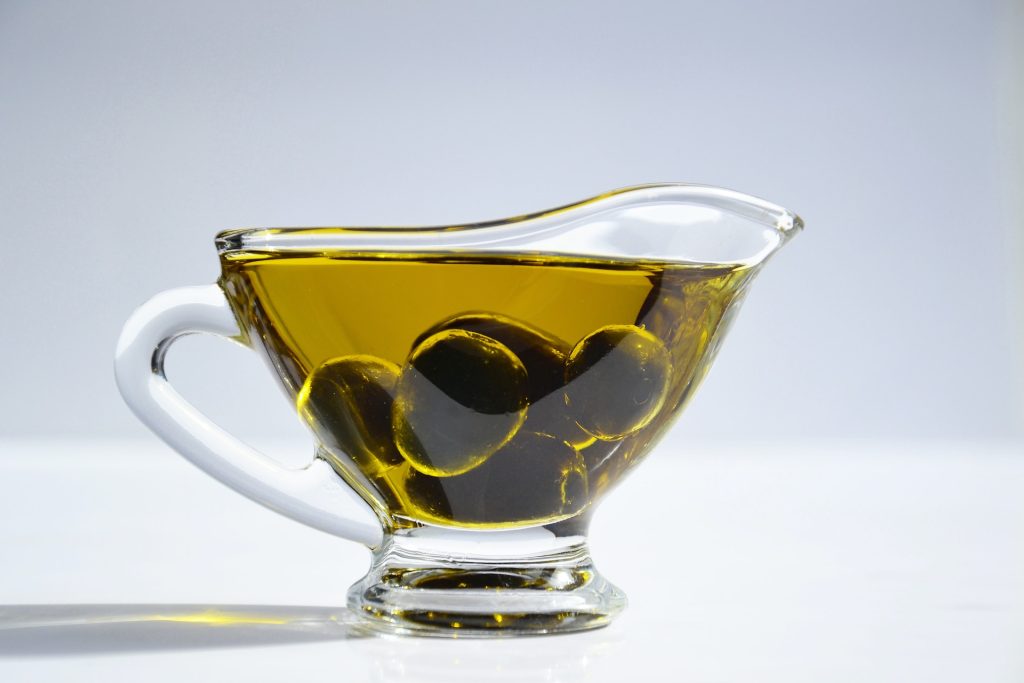

The main purpose of the work of O.G.
The main purpose of the work of the MUCH – BETTER OIL Operational Group is the qualitative and quantitative upgrading of olive oil production in R.U. Messinia through the development of a modern plant protection program against the “olive blight” disease.

Object and Objectives
In recent years, there have been periodic, extensive infestations of fruits of edible and oil-making olive varieties by the fungus gliosporium (char, Colletotrichum sp.) in the Peloponnese Region, with the R.U. of Messinia being significantly affected. The production of the Agricultural Cooperative Certified Agricultural Products of Gargaliani “Elaionas” and the Nilea-Agricultural Olive Cooperative amount to several hundred tons of high-quality olive oil, while the production losses from gliospores can reach 50-60%.
Losses of income nationwide are estimated at over 100 million euros on average. The main reasons are the favorable conditions for the development of the pathogen, the absence of an effective plant protection program and the existence of different forms of the pathogen (morphotypes) with different resistance to the active substances (AD) fungicides approved for the olive, making the development of advanced plant protection program imperative.
In this context, the research has proven that the mapping of gliospora populations can contribute to the understanding of their resistance to plant protection products (PPP), in order to develop a modern personalized plant protection program. This, combined with advanced olive oil metabolomic analyses, will contribute to the correlation of its quality with the levels of infestation and, by extension, its emergence. The development of new crop protection strategies will drastically reduce losses and lead to a reduction in the amount of applied PPP.
